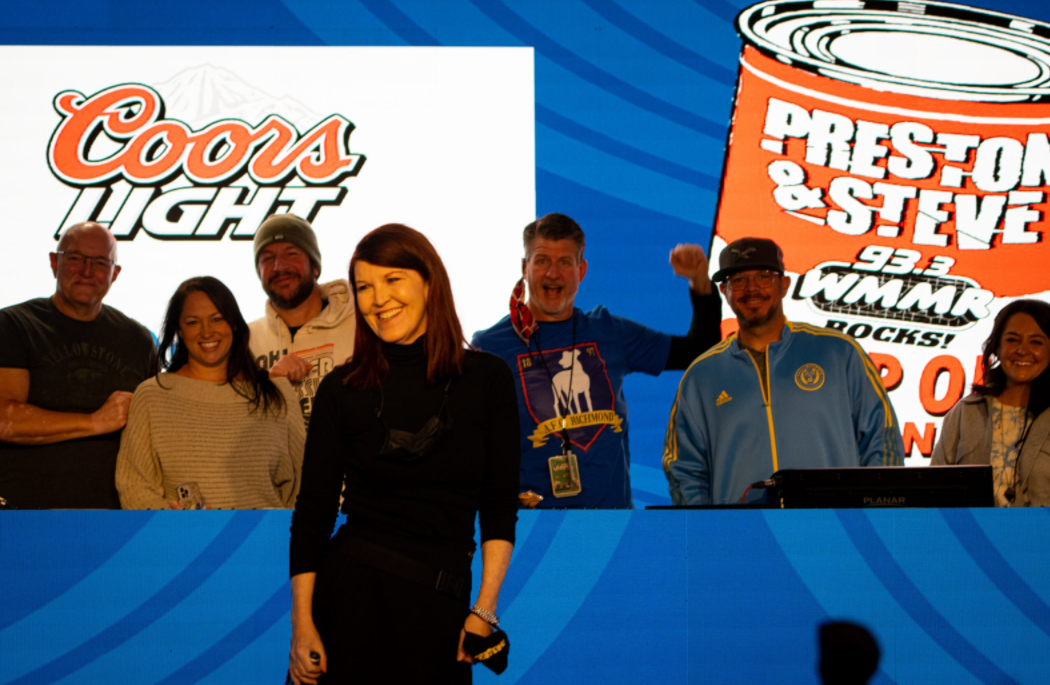
It was hard to miss. Yesterday was “Giving Tuesday,” well on the way to becoming a date on our calendars. Like its neighbors, “Black Friday” and “Cyber Monday,” this designated day for charity is taking root in our culture.
If last year was any indication, 35 million took part in the giving yesterday. That’s 13% of the American population – a lot of people taking the opportunity to give back, even during the pandemic.
Pretty much everyone has jumped onboard – food banks, animal causes, hospitals, diseases, and even public radio stations looking to mashup their regular fundraising activities with “Giving Tuesday.”
But it isn’t just about yesterday. It’s about this time of the year. Maybe you’ve noticed it, too. Seemingly, every day when you read the radio trades, it’s story after story about stations raising lots of money for good causes.
Check that: good LOCAL causes.
 It’s that time of year when most people are feeling empathetic and caring, willing to lend an extra hand to those who aren’t as fortunate. Food banks, soup kitchens, help/crisis lines, shelters, children’s hospitals – great causes that need our help. While these organizations are always in need of more revenue to keep their doors open, you know the last couple of years have been especially difficult.
It’s that time of year when most people are feeling empathetic and caring, willing to lend an extra hand to those who aren’t as fortunate. Food banks, soup kitchens, help/crisis lines, shelters, children’s hospitals – great causes that need our help. While these organizations are always in need of more revenue to keep their doors open, you know the last couple of years have been especially difficult.
For radio, it’s a chance to give back – and shine. While broadcasters often struggle to come up with their unique selling propositions over the digital competition, fundraising – especially on the local level – can and should be a defining difference.
This is something local radio does very well. When a radio station puts its heart and efforts behind a great local cause, listeners respond. Fundraising is one of radio’s superpowers, amplified by the fact that most digital audio outlets either have no desire to raise money for charities or they don’t have the resources or expertise it takes to pull these benevolent promotions off.
Once again this year, Radio Ink is publishing its running tote board of giving. – The Tally. In 2020, the industry broke the $28 million mark. Would any of us be surprised if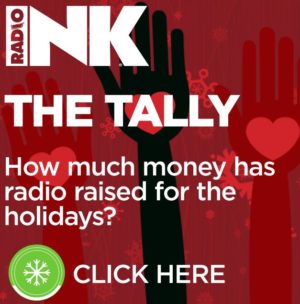 that record is broken this year? I wouldn’t bet against it.
that record is broken this year? I wouldn’t bet against it.
In the main, this is an area where broadcast radio excels. But there are some pitfalls to avoid, and other opportunities to lean into.
First, pick your charities or causes carefully.
At times, stations choose a cause or organization that frankly can’t reciprocate or even appreciate the effort. I’ve seen this time and time again. The charity staff isn’t “into” working with a station and/or provides minimal support and marketing.
Vet the charity carefully. Make sure it’s on the up and up, that a substantial portion of funds raised actually go to help people, and that their principals are excited about your station’s (and your personalities’) participation.
The cause should also be congruent with your audience. That is, the moment your station announces a fundraiser, the cause should resonate with your listener base.
These efforts require a great deal of work, time, and effort – especially with short staffs and vacation schedules. Pick a charity partner that is relatable, engaged, and excited to have you on board. If they are well-connected in the community, have a large local database, and a strong social media following, all the better.
Why not make it local?
 We’re at an interesting point in time, thanks in no small part to COVID. While the pandemic is decidedly global in scope, it has been intensely local from its beginnings here in the U.S. in March of 2020.
We’re at an interesting point in time, thanks in no small part to COVID. While the pandemic is decidedly global in scope, it has been intensely local from its beginnings here in the U.S. in March of 2020.
Every key moment has been local. When do stay-at-home orders go into effect? What are the local mask mandates? Where can I get tested? Who is offering the vaccine in my neighborhood? What are the schools doing to keep students safe, and when is the next board meeting?
Our Techsurveys reveal that radio’s local focus has never been more important. So, when it comes to the station’s charity initiatives, why not keep them local? In the same way “Small Business Saturday” and other hometown efforts are relatable to most people, helping local charities, organizations, and institutions is a no-brainer. People want to make a difference in their communities.
I’ve seen this up close and personal these past couple years. Our company has provided guidance to Children’s Miracle Network Hospitals –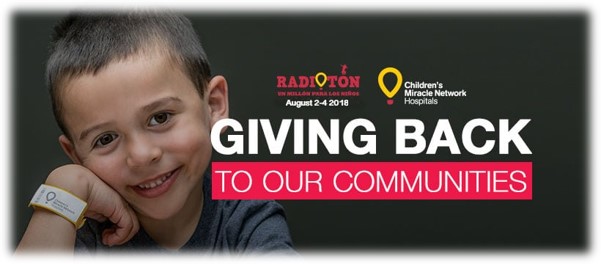 an organization that many of you partner with or know about. I did not realize when we first engaged with them that while they are national in scope, every one of their fundraisers supports children’s hospitals in local markets.
an organization that many of you partner with or know about. I did not realize when we first engaged with them that while they are national in scope, every one of their fundraisers supports children’s hospitals in local markets.
This time of year for them is “crunch time.” Many of the “radiothons” and other fundraisers take place in Q4 (although efforts are ongoing throughout the year). The CMN team is leaning in to this.
Paul and I have gotten to meet a number of “program directors” (yes, they’re often called that, too) at a number of these hometown hospitals that serve sick children. Especially during COVID when resources have been spread thin, these folks have done a Herculean job continuing to provide services and care for kids (and their families) in need.
Here in Detroit, at Beaumont Children’s a few miles from our offices, it’s Charlotte Alex and Kate Groudis. Across the country in Honolulu, it’s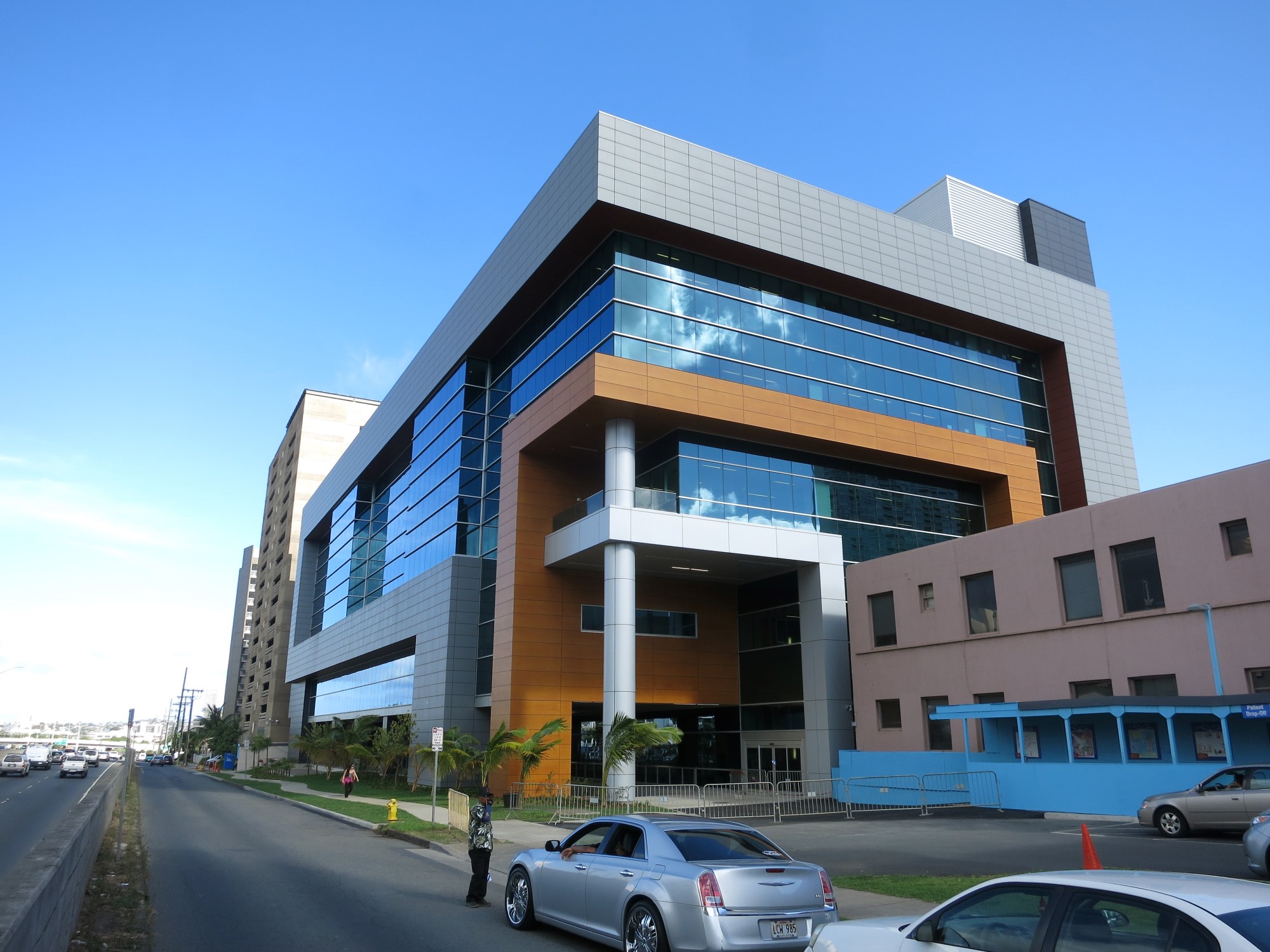 Colette Forcier at Kapi-Olani Medical Center for Women and Children (pictured), while in Pittsburgh, it’s Joey Warren from UPMC Children’s Hospital of Pittsburgh.
Colette Forcier at Kapi-Olani Medical Center for Women and Children (pictured), while in Pittsburgh, it’s Joey Warren from UPMC Children’s Hospital of Pittsburgh.
Partner stations work hand-in-glove with these local hospitals. Our research for the Children’s Miracle Network team shows that when stations forge 12-month-a-year relationships with their local hospitals, everyone wins. And the value of these connections when the station and the hospitals are in the same metro is incalculable.
That’s not to say that national or global charities aren’t worthy. But given the limitations on your staff’s efforts, time, and resources, why not focus your efforts locally?
Don’t take on too many charitable causes.
Stations fall into this trap all the time. It’s easy to say “yes” to different charities and great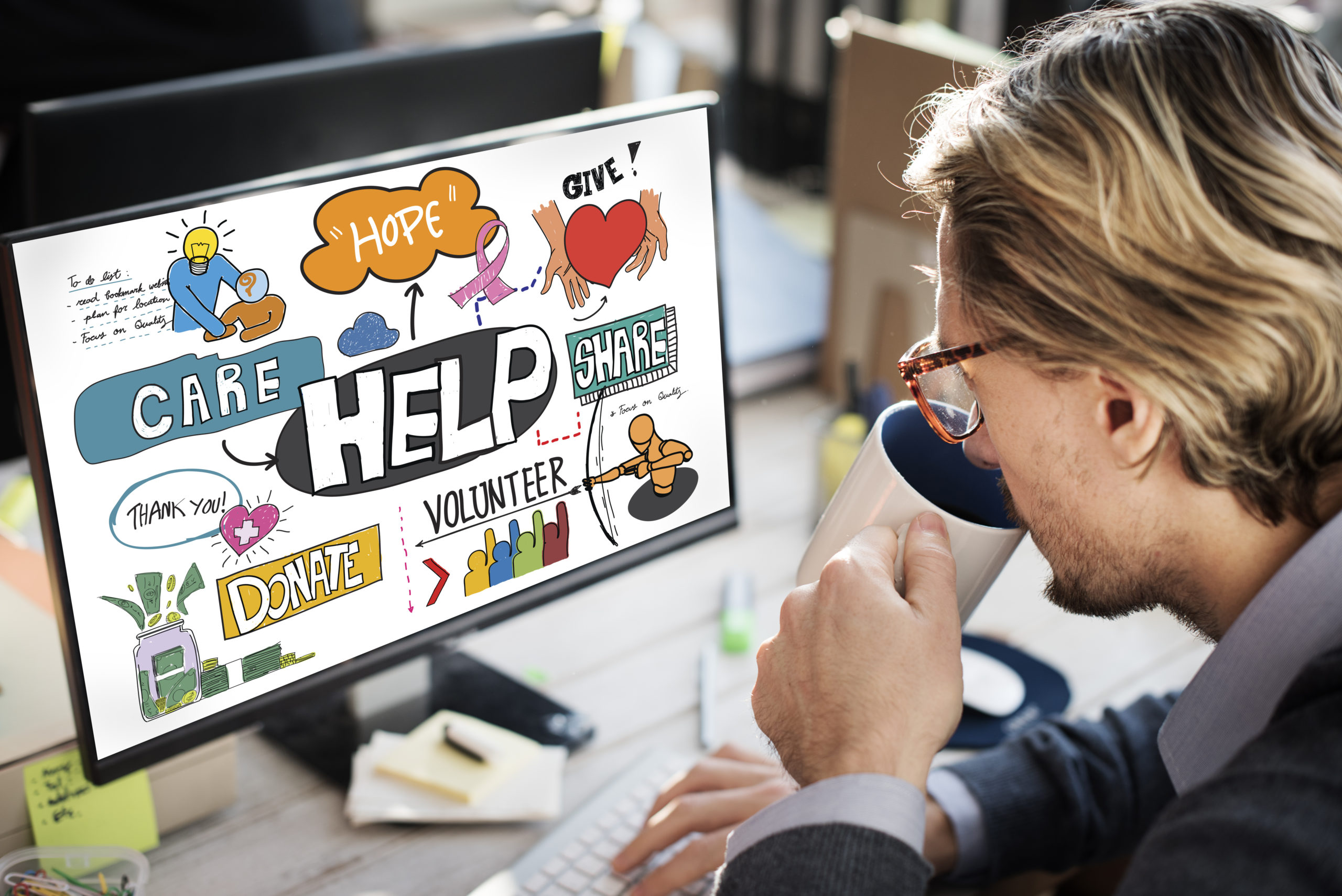 causes, whether you’re a hot station or a big morning show. But like so many other things in marketing and promotion, focusing your efforts on one or two key causes will likely raise more money for these organizations.
causes, whether you’re a hot station or a big morning show. But like so many other things in marketing and promotion, focusing your efforts on one or two key causes will likely raise more money for these organizations.
Your station is also likely to get more credit for the great work you and your station does when you narrow your focus. When you forge ongoing partnerships you support year after year, the audience (and your local media) come to expect these efforts. Yes, fundraising for great local causes is altruistic, as it should be. But making your station (and your parent company) get the proper credit is all part of the process.
Market your local charity work.
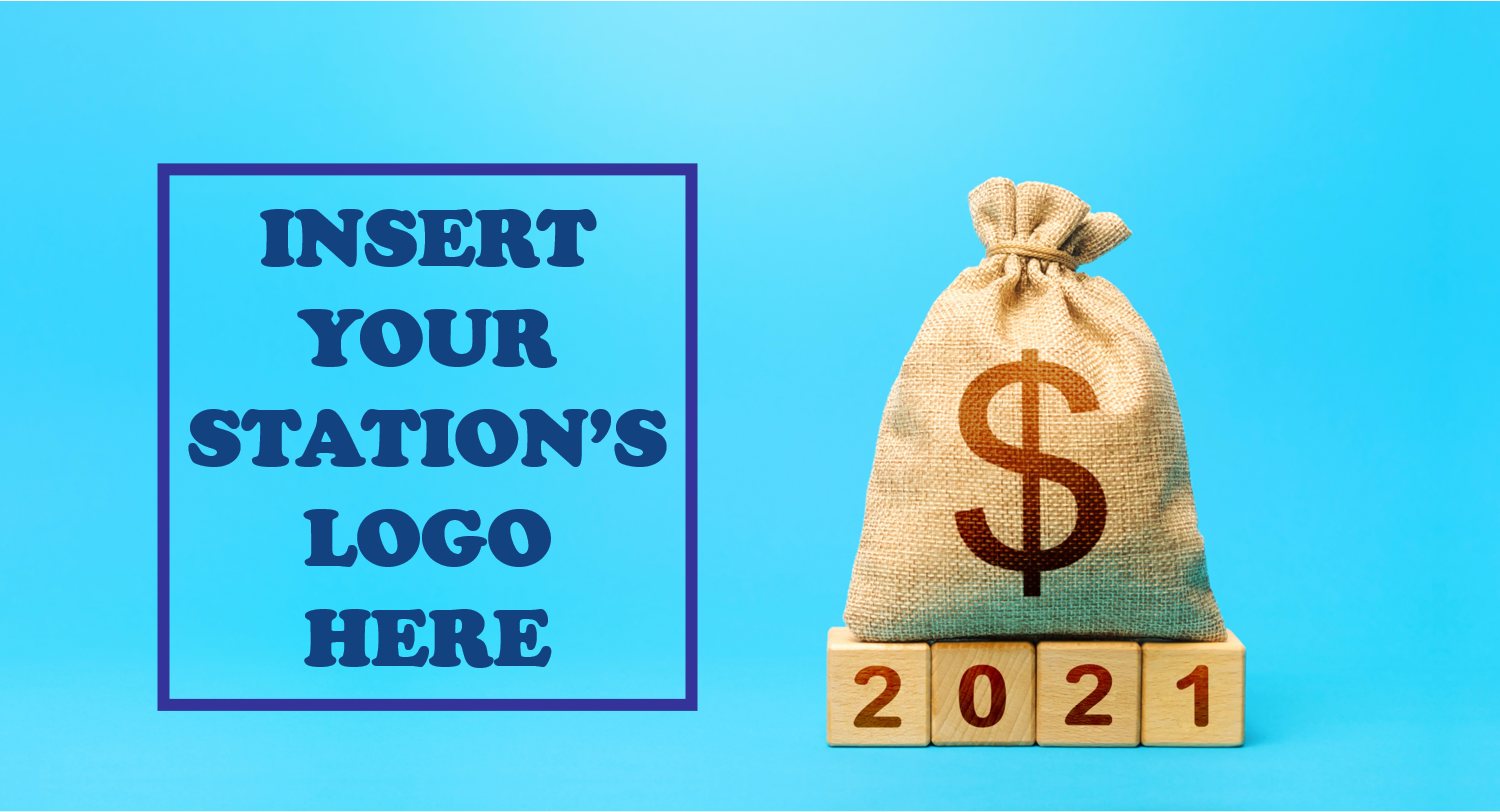 In the same way local businesses remind us on “Small Business Saturday” they’re not Costco and Walmart, and they’re 100% local, radio could and should be marketing these same attributes about fundraising efforts.
In the same way local businesses remind us on “Small Business Saturday” they’re not Costco and Walmart, and they’re 100% local, radio could and should be marketing these same attributes about fundraising efforts.
Remind your cume and core listeners (via email) your station (and your company) is committed to helping local causes, charities, and organizations; that it’s all about keeping the giving local. And make sure the airstaff, salespeople (in particular), and participating sponsors get that message, too.
Take Radio Ink’s lead – add up the financial return on all your good deeds this past year, put it on the air produced and live, and thank your listeners, sponsors, and partners for making it all possible. Especially during COVID year 2.
There’s still time.
With one month to go in 2021, make it a point to do something meaningful before the year is out. It’s not too late to contact a local soup kitchen, organization that provides mental health services for locals, or other great causes that could use a lift. As we hear again and again in focus groups, everyone has their hand out this time of year.
organization that provides mental health services for locals, or other great causes that could use a lift. As we hear again and again in focus groups, everyone has their hand out this time of year.
Speaking of which, there’s also public radio and Christian radio, often caught in a fundraising bind. These stations have successfully figured out how to use their own air to sustain themselves financially – often to a fault.
It is therefore difficult for them to break away from their own efforts to focus on great local causes. Still, these benevolent efforts are important for both radio platforms, often dominated by network or syndicated programming. That’s another reason why helping community organizations should be a part of their annual planning. It just takes time, planning, and will to set aside time and effort to get behind a local cause. Whether Christian or public radio, helping others should be in their respective wheelhouses.
Strategic fundraising is both an art and science, as much as programming or sales. Stations that bring a strategic focus to their efforts will end up receiving as much as they give. And whatever you do, try to keep it local.
Best to all of you and your great efforts over these next few weeks.
- Media And Technology In 2025: Believe It Or Not! - April 18, 2025
- In Radio, You Just Never Know - April 17, 2025
- The Secret To Making A Great Podcast (And Great Radio) - April 16, 2025




Check out my 14th WRIF. Rock 4 Tots Dec 4th & 5th
My yearly mission so no child goes without a Christmas gift. This 2 day event features 57 local bands and raises thousands of dollars and toys every year. The Biggest musical event of the year. @ freddys bar 40000 Garfield , Clinton twp Mi
This is my joy I work year round on. Love Local it works
~screamin
Great article but in case you’re not aware, the FCC prohibits most non-commercial radio stations from doing on-air fundraisers for other non-profits. The rules were relaxed a few years ago to allow some noncommercial educational broadcasters (NCEs) to devote up to one percent of their annual airtime to fundraising for third-party organizations, but that exemption does not apply to CPB funded/NPR stations. That said, I know many NCEs that provide free airtime or do other things off-air to help local non-profits, they’re just not doing the big Radio-thons that commercial stations often do.
I was vaguely aware, but I appreciate the clarification, Steve. That free airtime, inclusion at events (Issues & Ale), and with other station initiatives help support local community causes. Thanks for your comment.
Earlier this year, WTOP partnered with a fundraising-platform company to launch a special section on the station’s site for local-charity donations (https://wtop.com/wtoplivelocal). This has also recently included a co-branded promotional campaign with a local bank.
Again, Eric, a strategic approach to giving. Considering the costs involved (people, time, etc.), it only makes sense to think about fundraising and charitable activities through the same filters we examined programming and marketing. Thanks for weighing in.